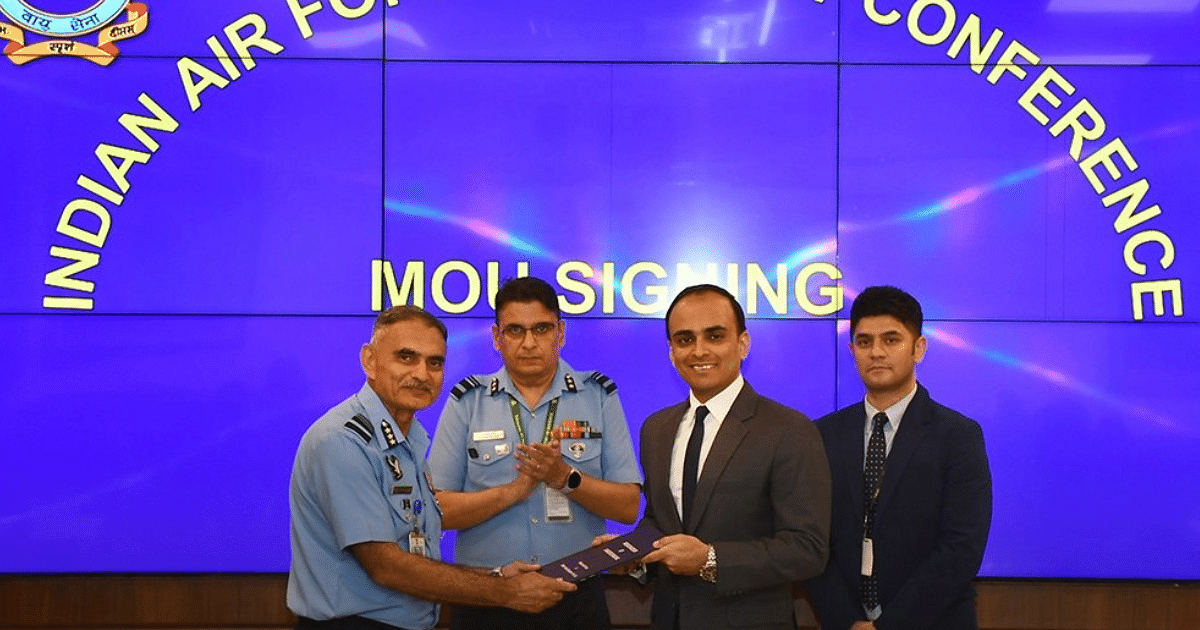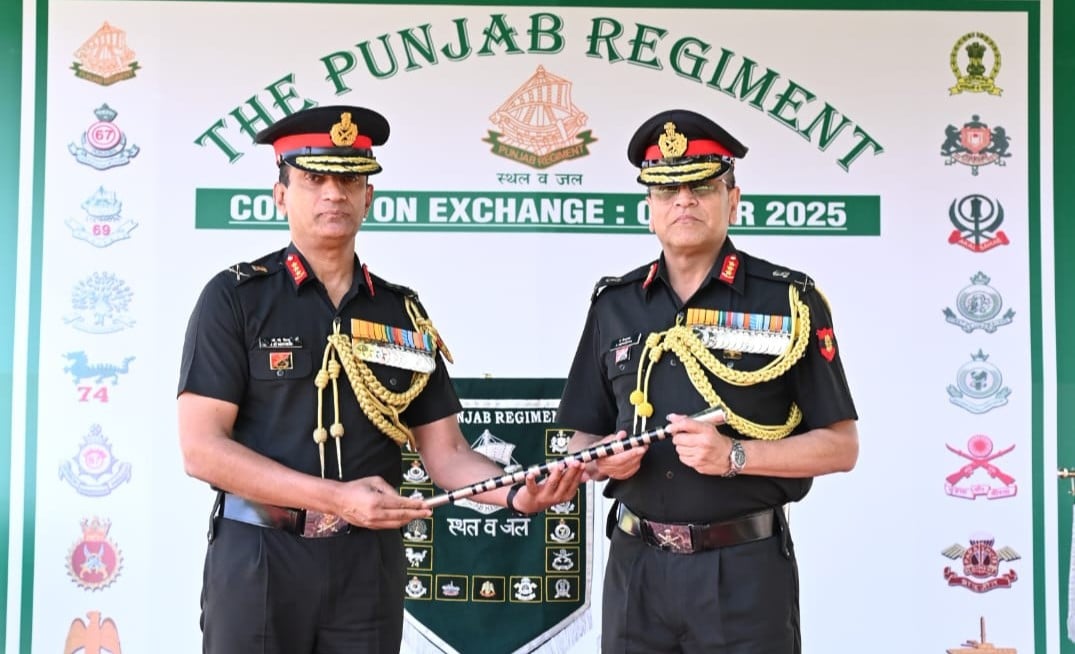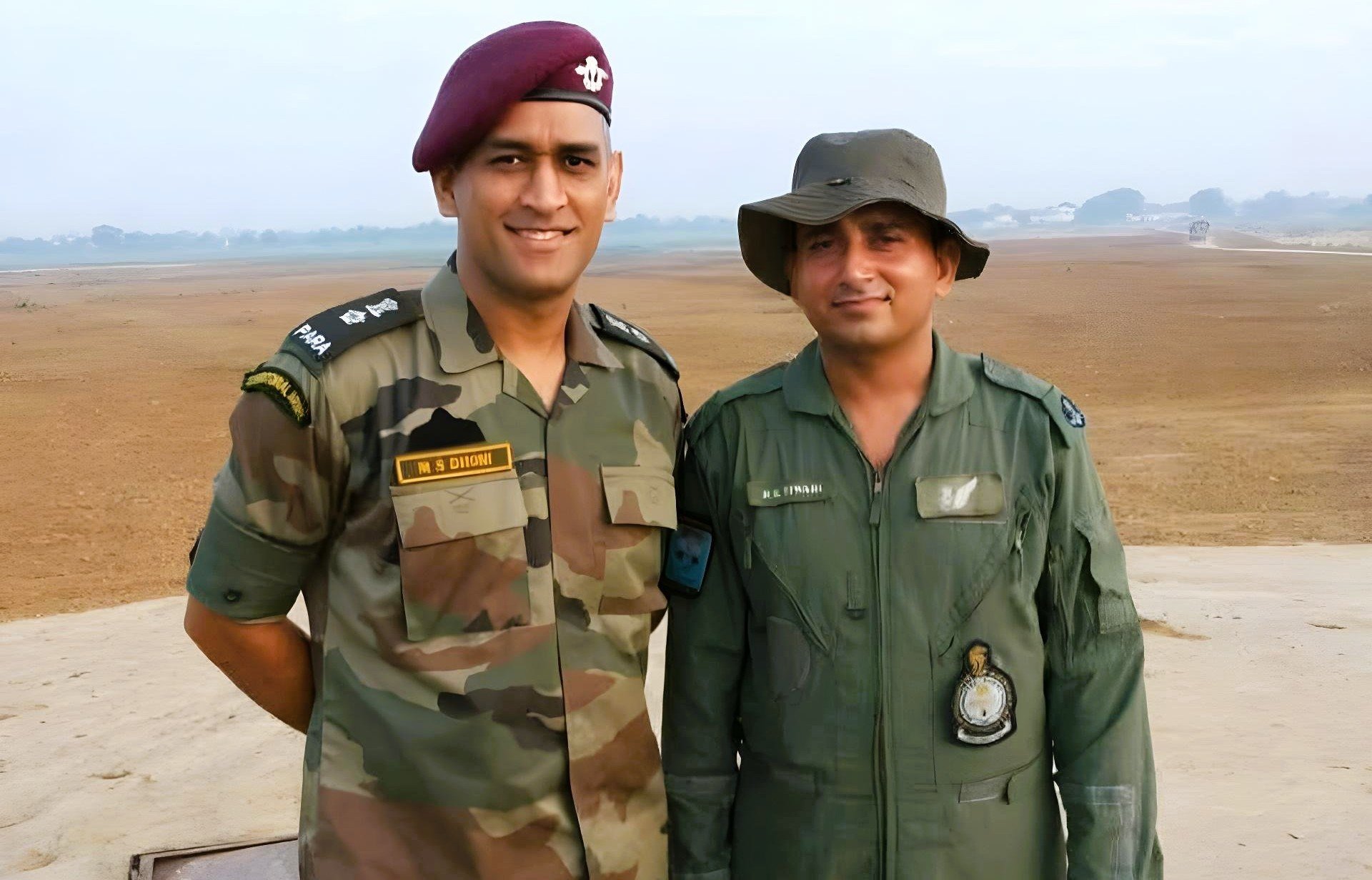The Indian Air Force’s recent partnership with Uber to provide transportation services for personnel and their families has ignited considerable controversy, primarily due to serious security concerns. While the deal aims to offer a convenient and cost-effective mobility solution, critics warn that it could compromise sensitive information, including travel details and personal data, leaving personnel exposed to potential security threats.
The fears surrounding this partnership stem from the possibility that Uber could access and store a significant amount of sensitive data related to IAF personnel. Critics argue that this arrangement poses a breach of security protocols, especially in the absence of a comprehensive data privacy law in India. The potential for data exploitation mirrors troubling incidents from the past, where the sharing of seemingly innocuous information led to disastrous outcomes.
A prominent example comes from the United States, where the fitness tracking app Strava inadvertently revealed critical military vulnerabilities. In 2018, Strava’s global heat map showcased user activity across the globe, unwittingly disclosing locations of active personnel and military installations. The resulting analysis enabled researchers to identify U.S. military bases and patrol routes in conflict zones, putting lives at risk and compromising operational security.
The Strava incident highlighted the dangers of aggregating data for pattern analysis, demonstrating how openly shared information can be manipulated to undermine national security. The experience served as a stark reminder of the risks associated with data-sharing technologies, particularly in military contexts.
Experts now caution that the IAF’s partnership with Uber could present similar risks. The potential for sensitive travel information to be accessible to unauthorized entities through Uber’s platform raises alarms among security analysts. Hackers have demonstrated the ability to breach even seemingly secure systems, and the implications of such a breach could be catastrophic.
In light of these concerns, other branches of the Indian military, including the Navy and Coast Guard, are reportedly contemplating the termination of their contracts with Uber. This indecision reflects a growing recognition of the need to prioritize security over convenience, as military personnel and their families deserve transportation solutions that uphold national interests and safeguard sensitive information.
Despite assurances from Uber regarding their capacity to tailor services for the IAF, skepticism remains among critics. The overarching lesson from past security breaches, particularly the Strava debacle, emphasizes the grave dangers inherent in exposing sensitive data, especially when the stakes involve national security.
As the IAF evaluates its partnership with Uber, it is imperative that the organization prioritizes the protection of its personnel and their families by implementing stringent safeguards. The promise of convenience and cost-effectiveness cannot come at the cost of exposing critical security vulnerabilities. In a climate where technological advancements can easily turn into liability, military entities must remain vigilant to avoid repeating the mistakes of history.













